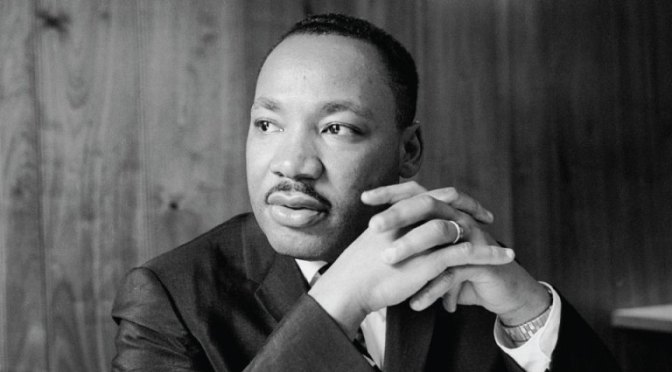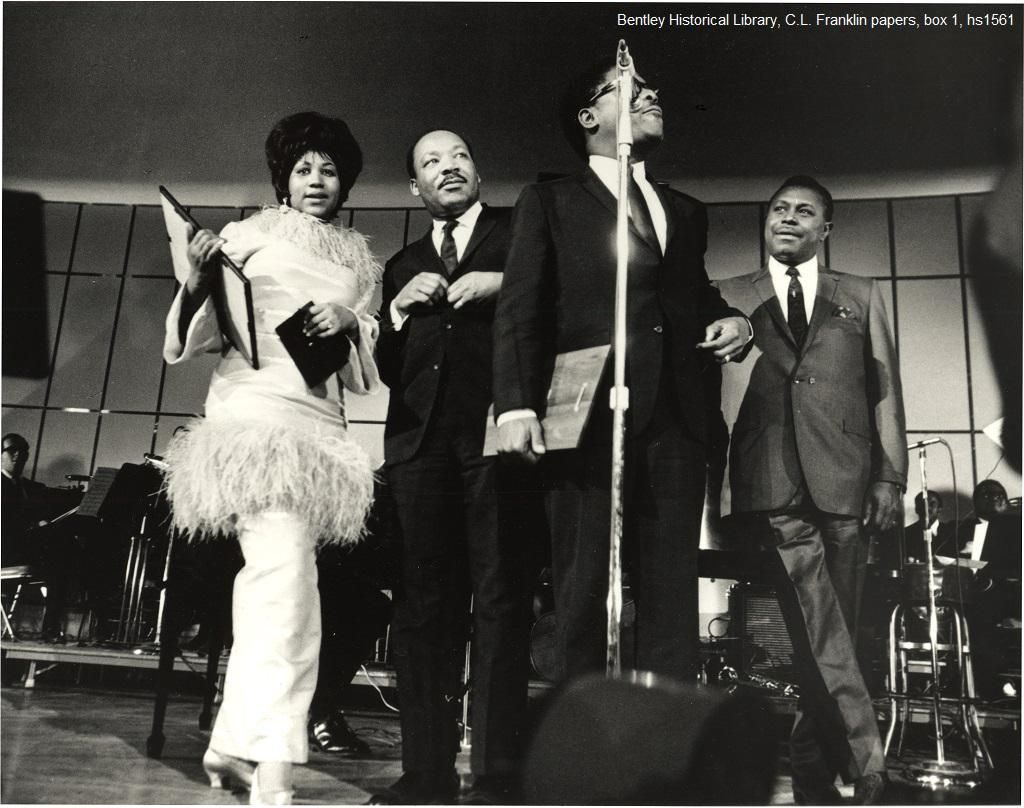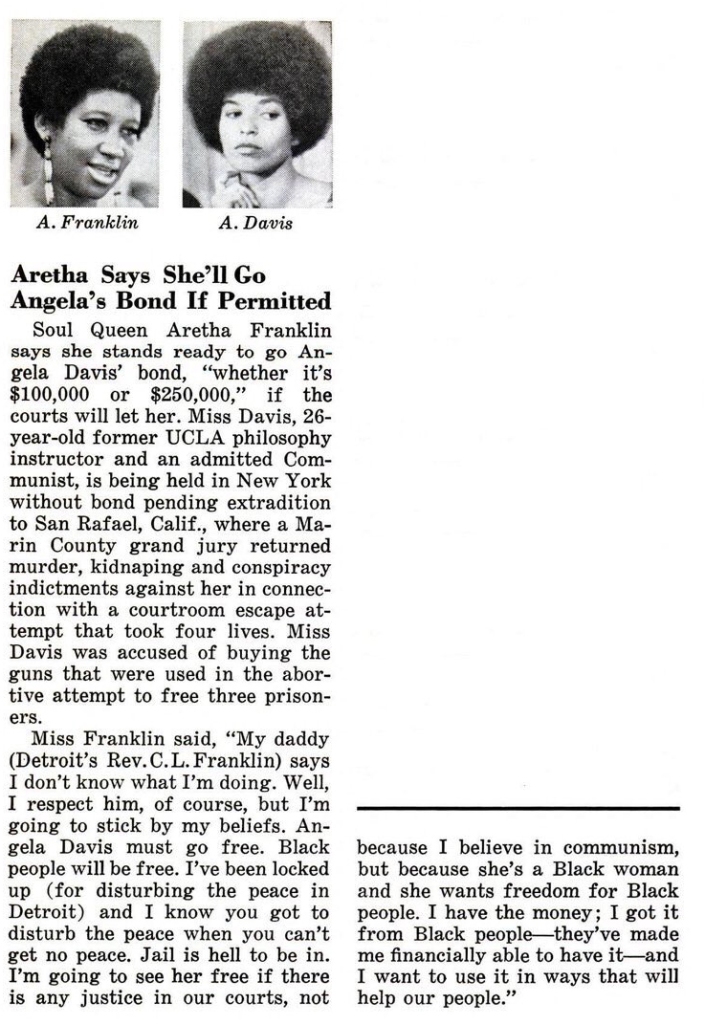Thousands gathered in the nation’s capitol to mark the 60th anniversary of the March on Washington for Jobs and Freedom. Organizers said the march was “not a commemoration, but a continuation” of the work of Dr. Martin Luther King Jr.

The march was convened by Rev. Al Sharpton, founder and president of the National Action Network and Martin Luther King III, board chairman of the Drum Major Institute. Co-Chairs include the NAACP, Leadership Conference on Civil and Human Rights, National Coalition on Black Civic Participation and the National Urban League.
To commemorate the 60th anniversary of the March on Washington, the Smithsonian’s National Museum of African American History and Culture has on display the original three-page “I Have a Dream” speech that Dr. King delivered on August 28, 1963. NMAAHC Director Kevin Young said:
The words of all its speakers resonate six decades later, and we serve as witnesses to the bravery and dedication of its organizers. To be able to show visitors the copy of the “I Have a Dream” speech King read and improvised from while at the podium is an honor and privilege.
Dr. King’s speech will be on display until September 18, 2023 in NMAAHC’s Defending Freedom, Defining Freedom: The Era of Segregation 1876–1968 Gallery.
















